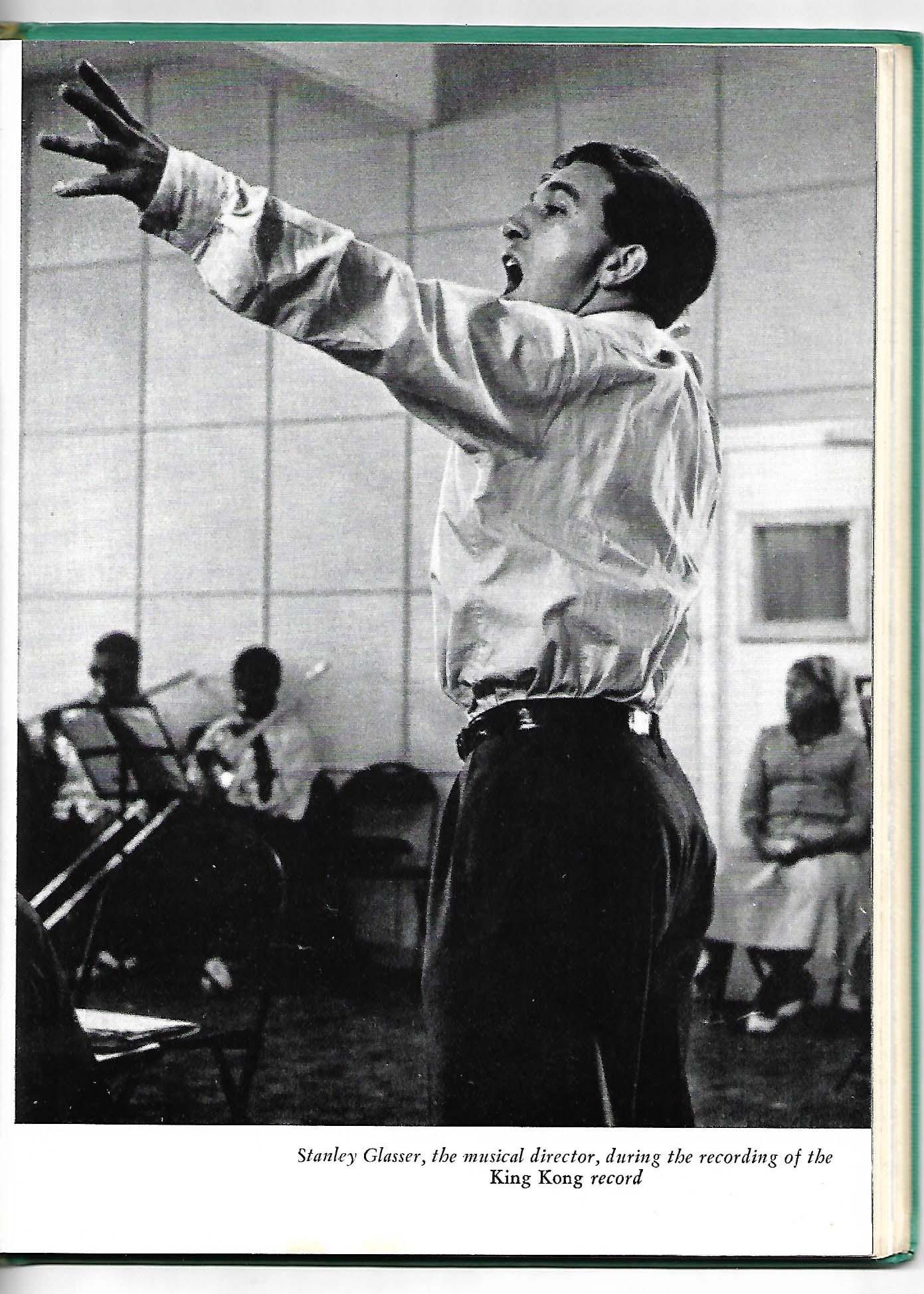Stanley Glasser, Emeritus Professor of Music at Goldsmiths and Honorary Fellow of the College

I first met Stanley Glasser – who has died on 5 August, aged 92 – at my interview for a Lectureship in Music at Goldsmiths. Even though some things were conducted less formally in those far-off days, it was still a surprise to me when, having assembled the shortlisted candidates in his office, Stanley announced that we should all go for a beer in the Students’ Union bar. Despite this being just across the road, our official route proved to be tortuous since the nearest exit doors were alarmed to prevent intruders. So the sash window in his office was promptly opened (fortunately, this was on the ground floor) – and out we all clambered, and over the road. It was at this point, in particular, that I realized that Stanley was not exactly a conventional sort of Head of Department.
Stanley Glasser – in his earlier years, especially, known as “Spike” (he was a keen runner and this nickname arose from his running shoes) – had returned to the UK from his native South Africa in 1963. After completing a degree in economics at the University of the Witwatersrand in 1949, he spent eight years in England, first studying composition with Benjamin Frankel and Matyas Seiber (leading teachers in their day); and then, from 1955-8, by now in his early thirties, reading music at Cambridge University. Going home again, he was for four years a Lecturer in Music at Cape Town University; but he also, during these years of Apartheid, managed to get involved with black African music, most famously as the MD and one of the arrangers working on King Kong. A musical, by Todd Matshikiza, based on the life of the famous boxer, Ezekiel Dlamini, this was a huge hit in South Africa on its premiere in Johannesburg in 1959, though less of one when it eventually came to London’s West End in 1961.
Forced to leave following a liaison that fell foul of Apartheid laws, Stanley settled in London: first teaching evening classes at Goldsmiths, from 1963, and then becoming a Lecturer in the Department of Music from 1966; it was at this time that he met Elizabeth Aylwin, a BMus student who, following a relationship after she had left Goldsmiths, became his second wife in 1971. Stanley’s rise in the Department was swift: he became of Head of Music in 1969 and served in that capacity for most of the next twenty-two years, until his retirement in 1991. Six years (1977-83) were spent as Dean of what was then called the School of Humanities and Performing Arts; during the last two years of this period he also acted as Chairman of the University of London’s Board of Studies in Music. During this time, he did much to assist Richard Hoggart, then Warden of the College, in the fight for School Status for Goldsmiths within the University. Belatedly, Stanley was appointed a Professor of Music in 1990.

With his larger-than-life character and “can-do” approach, Stanley soon established a new identity and purpose for the Department of Music. Believing that contemporary music, composition and ethnomusicology all had vital contributions to make to modern university teaching and research, he encouraged many expansions away from the established curriculum. His ambitions to found a BMus degree in what he called “Jazz and Popular Music” were, however, only realized later by others. Ever forward-looking, he was impatient with any conventional ways of doing things: an attitude that could make him seem at times refreshingly unorthodox, at others not a little autocratic. Many of his innovations remain recognizable in the Department of Music to this day – in addition to the fact that our Electronic Music Studio, which he did much to help establish, has, for many years, borne his name. Before his final years were clouded by Alzheimer’s disease, Stanley continued, during his retirement, to be a frequent presence at Goldsmiths, for concerts, lectures and graduation ceremonies. In 2001, he was created an Honorary Fellow of the College.
As first and foremost a composer, Stanley was prolific in many fields, and pioneering in some of them. He was, it is said, the first South African to compose electronic music. And his deep love of African music of all kinds gleefully vaulted the colour barrier in place in his home country for over 40 years of his life to surface in much of his own compositional output. Concert music, incidental, commercial and educational music, even a comic opera, poured from his pen. Bric-à-brac (1985-2000), the lengthy sequence of short piano pieces dedicated to colleagues and friends at Goldsmiths, and written for Andrew Ball to play, is but one example. The choral cantata, Zonkizizwe (“All the People”, in the Zulu language), premiered by Goldsmiths forces at a concert to celebrate the centenary of the College in 1991, is another. It is hoped that the latter composition may be performed at Goldsmiths during Music Week, at the beginning of the 2018-19 academic year – in Stanley’s memory.
Keith Potter